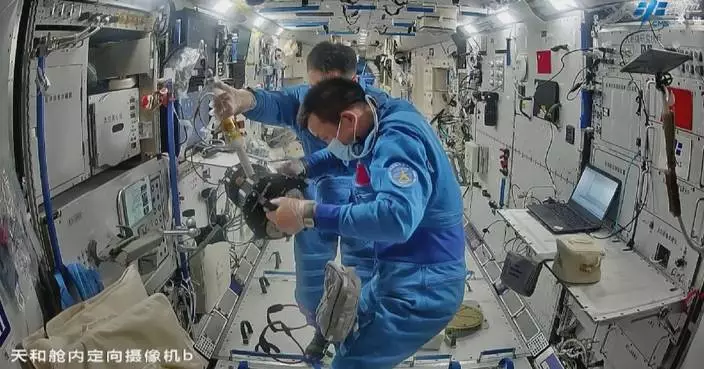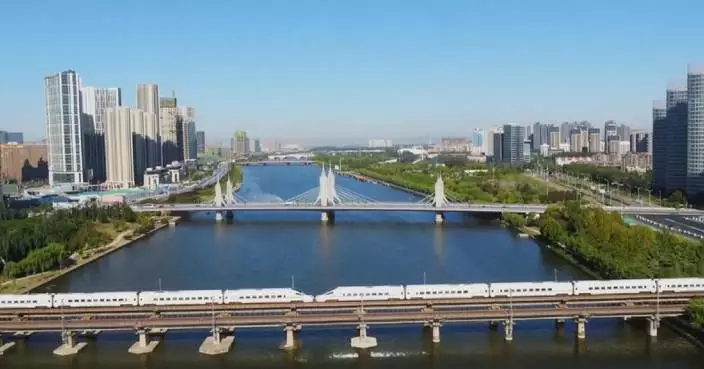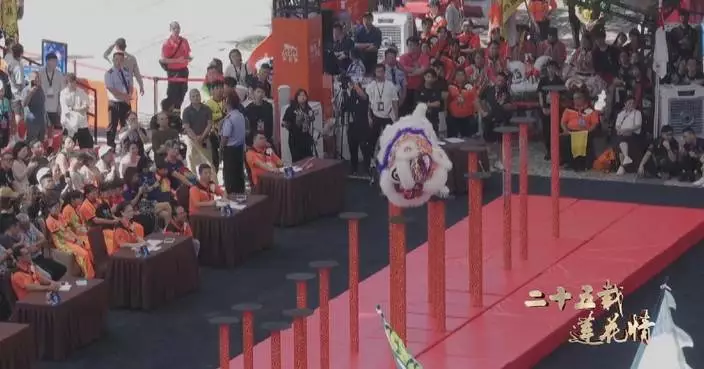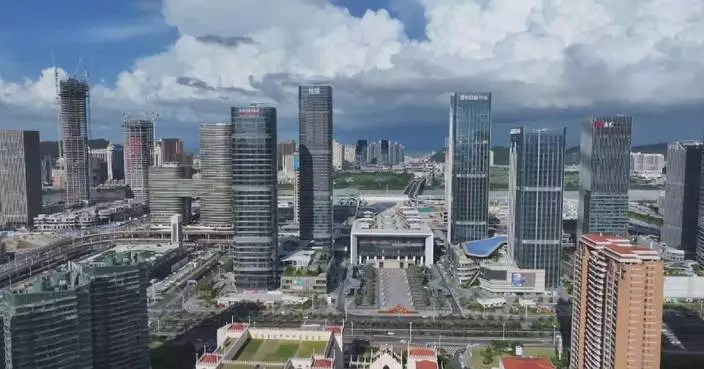The South Sudanese government has ramped up efforts to prevent the spread of cholera following the deaths of at least 60 people since the outbreak in late October.
Minister of Information, Communication Technology and Postal Services Michael Makuei Lueth said that 60 deaths have been reported so far, along with 6,000 cases recorded nationwide.
Makuei told journalists in Juba, the capital of South Sudan, that efforts are underway to procure more vaccines after the first batch, sufficient to treat 150,000 people, was dispatched to northern Renk County in Upper Nile State.
"Efforts are now underway to rescue the situation. The Ministry of Health has asked for vaccines. The quantity received so far is very small and they have sent it to Renk so that the people who are there are rescued. Efforts are underway to get more vaccines for the other areas," he said.
The first cholera case was reported on Oct. 28 at the Renk transit center for refugees and returnees fleeing conflict in neighboring Sudan.
Makuei said that most of the cholera cases have been reported among refugees in Renk County, Rubkona County in Unity State, and Aweil town in Northern Bahr El Ghazal State, as well as recently in Juba.
Minister of Health Yolanda Awel Deng recently announced that an additional one million vaccine doses are needed to target vulnerable populations across the country.
According to the World Health Organization (WHO), refugees and returnees are the most affected by the outbreak, particularly children under the age of five and the elderly.
The WHO said that contributing factors include limited access to clean water, poor sanitation, open defecation, and overcrowding in transit centers and camps.
South Sudan requires 32 million U.S. dollars to sustain the first three months of the emergency response to the cholera outbreak, the WHO reported.
The funds will be used to strengthen current operations, deploy response teams to newly identified hotspots, maintain essential health services, and procure and distribute additional emergency supplies.
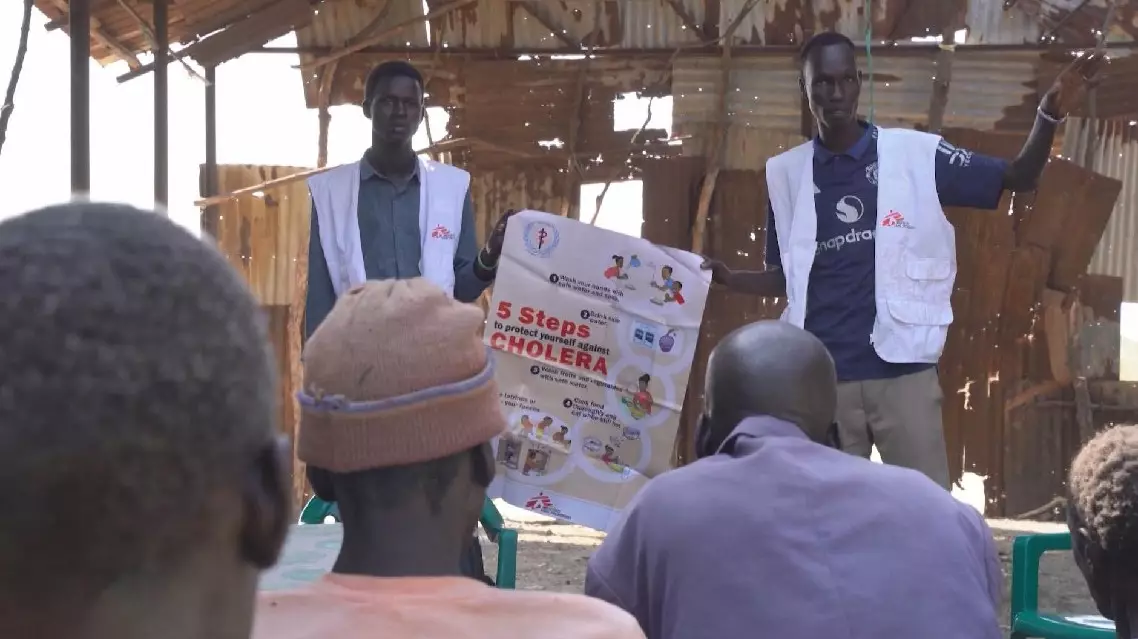
Death toll from cholera outbreak in South Sudan hits 60
The Third China-Indian Ocean Region Forum on Blue Economy Development Cooperation was held on Monday in Kunming, southwest China's Yunnan Province, bringing together 300 government officials, scholars and business leaders from over 50 countries to discuss ways to advance the development of the maritime economy.
The forum, themed "Future of the Blue Indian Ocean -- Development Practice of the Global South," focused on tackling crises like climate change and marine pollution, while unlocking development opportunities in the Indian Ocean.
A highlight of this year's forum was a government-business dialogue, where officials and business leaders discussed paths for broader international collaboration by engaging multiple stakeholders.
International organizations also emphasized their pivotal role in facilitating cooperation.
"We are multilateral investment bank. We have a lot of investments -- five billion dollars of investment in China, 300 projects all around the world, 60 billion in projects. We have the capacity. We provide cheaper and longer-term financing for all these things. Fixing oceans and repurposing ports, those things take money and take time, and we are here to provide that type of financing, which actually makes sense for the developing countries," said Rodrigo Salvado, director general of the operational partnership department of the Asian Infrastructure Investment Bank (AIIB).
The China International Development Cooperation Agency, one of the forum's organizers, said its aim is to support projects such as the creation of a low-carbon demonstration zone in Seychelles.
"Next, we are willing to deepen opening-up and cooperation with other countries to jointly create a 'new engine' for the blue economy. We will consolidate consensus on sustainable marine development to build a 'new space' for blue development. Maritime dialogue and consultations will be strengthened to seek a 'new model' for blue governance. We will also promote mutual learning among maritime cultures with other countries to create a 'new chapter' of maritime civilization," said Zhao Fengtao, deputy director of the China International Development Cooperation Agency.
"Through cooperation with China, I see the importance and significance of advancing our objective of developing the emerging sectors, like marine biotechnology, circular economy, and also aquaculture, and also among the renewable energy sector. But China can also play a very pivotal role in research, especially in marine scientific research," said Phillianne Ernesta, Principal Secretary of the Department of Blue Economy of Seychelles' Ministry of Fisheries and Blue Economy.
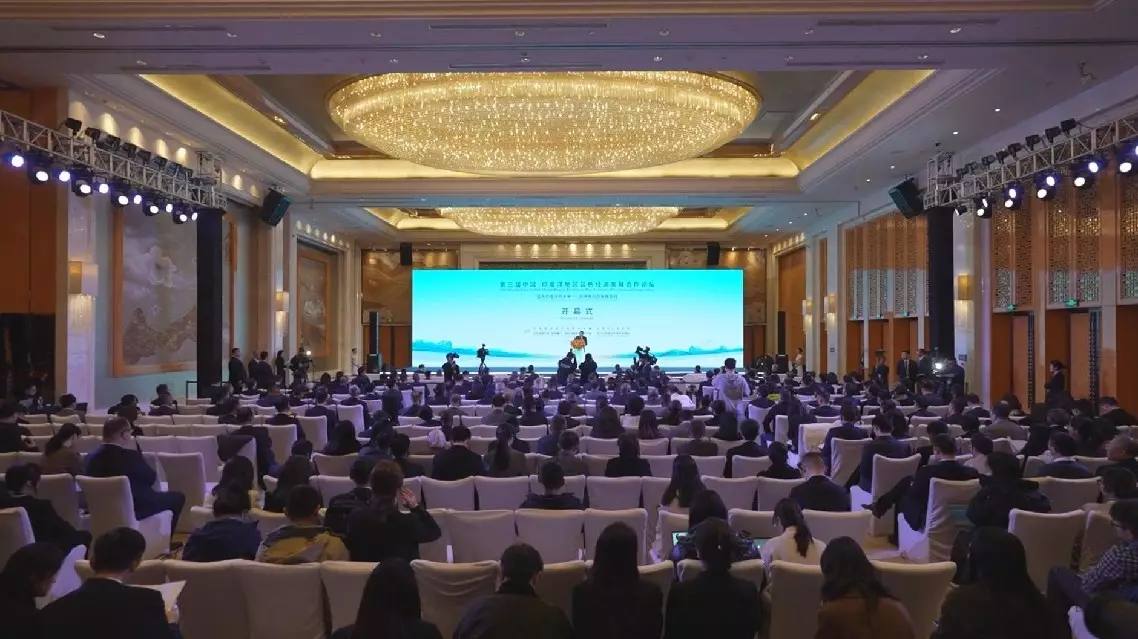
3rd China-Indian Ocean forum on maritime development cooperation held in Kunming




